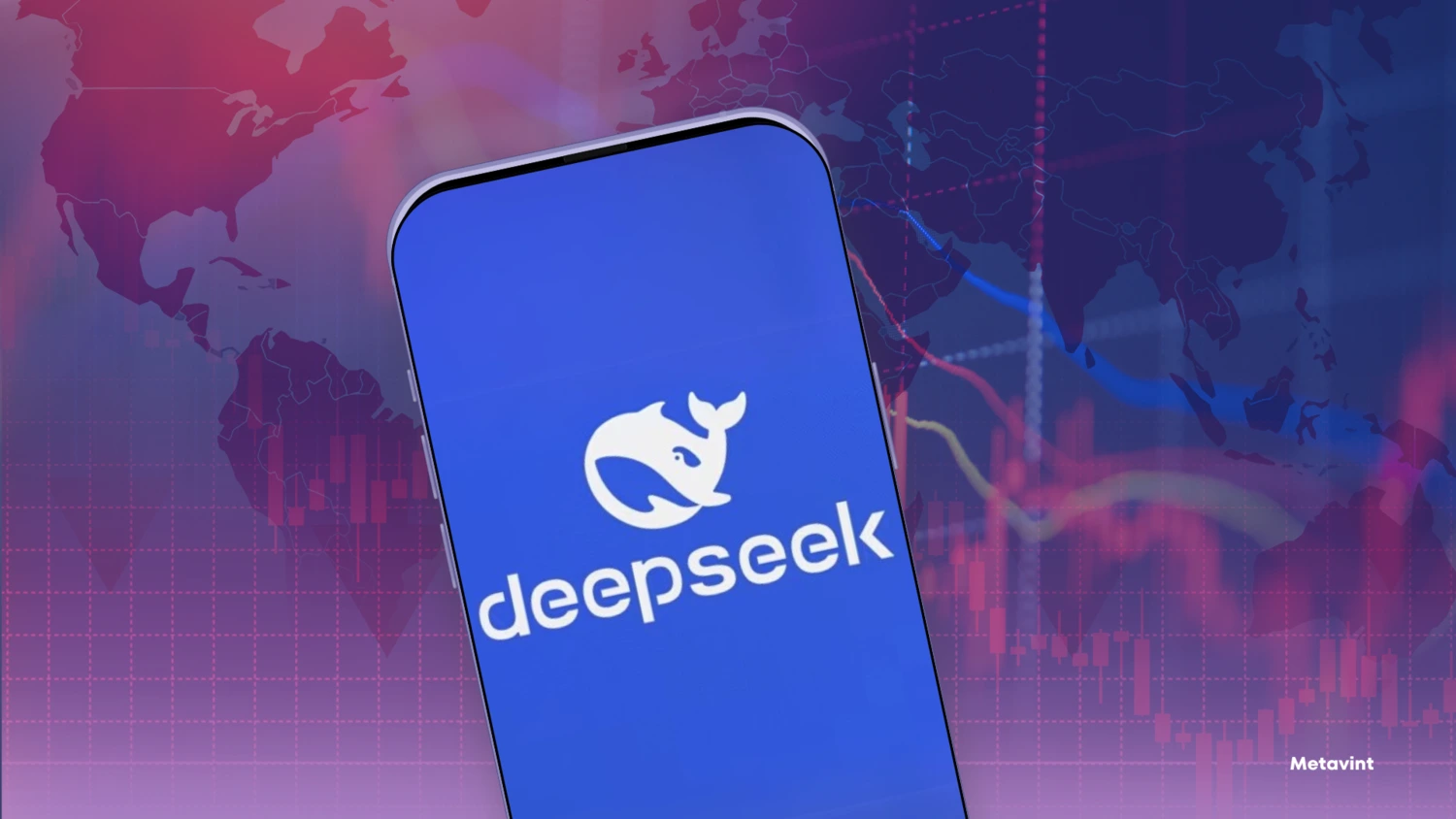Chinese artificial intelligence startup DeepSeek has rapidly emerged as a major player in the global AI race, challenging established tech giants and raising questions about intellectual property, international competition, and the future of AI innovation.
Allegations of Intellectual Property Misuse
OpenAI has raised concerns that DeepSeek may have leveraged its proprietary technology to develop its latest AI model. The suspicion revolves around a technique called “distillation,” where a smaller model learns from a larger one, potentially violating OpenAI’s policies.
Microsoft, a major investor in OpenAI, has reportedly found evidence that individuals linked to DeepSeek may have extracted substantial amounts of data from OpenAI’s API. Investigations are ongoing, and the outcome could have significant implications for AI development and regulation.
Industry-Wide Impact and Corporate Reactions
DeepSeek’s rise has become a central topic in corporate discussions, with executives from companies like AT&T, Microsoft, Meta, and others acknowledging its potential to reshape the AI landscape.
- AT&T CEO John Stankey compared DeepSeek’s impact to that of the internet, emphasizing its efficiency in processing power and scalability.
- Flex’s CEO predicted that DeepSeek’s advancements would drive widespread AI growth and increase demand for supporting infrastructure.
- Microsoft and other tech firms have been closely monitoring the startup’s progress, assessing both its technological breakthroughs and potential risks.
Adoption Amidst Caution
Despite concerns over data security and its Chinese origins, several U.S. companies are already exploring DeepSeek’s AI solutions. Organizations such as New York Life and SAP have started testing DeepSeek’s model, drawn to its lower costs and high performance compared to U.S. alternatives.
However, data privacy remains a major concern, as businesses weigh the benefits of DeepSeek’s offerings against potential security risks.
Strategic Partnerships and Accessibility
In a surprising move, Microsoft has made DeepSeek’s AI model available on its Azure cloud platform and GitHub, allowing developers worldwide to integrate its capabilities into their applications.
This partnership highlights the complex relationship between U.S. and Chinese tech firms, with Microsoft balancing its investments in OpenAI while acknowledging DeepSeek’s growing influence.
Competitive Responses
DeepSeek’s rapid rise has triggered reactions from key competitors:
- Alibaba has released its own AI model, claiming it surpasses DeepSeek’s latest version.
- Other Chinese tech firms are accelerating their AI research to maintain a competitive edge.
- U.S. AI companies are now under pressure to cut costs and innovate faster to stay ahead.
Global Implications
DeepSeek’s success underscores China’s growing dominance in AI, signaling a shift in the balance of technological power. The startup’s ability to develop competitive AI models despite limited resources showcases the potential for innovation outside traditional tech strongholds.
As DeepSeek continues to shake up the industry, several questions arise:
- Will investigations into its alleged use of OpenAI’s technology impact its credibility?
- How will global regulators respond to the rise of Chinese AI startups?
- Can Western companies maintain their dominance, or will cost-effective alternatives like DeepSeek gain wider adoption?
Looking Ahead
DeepSeek’s journey is a reflection of the rapidly evolving AI landscape. With increasing competition, regulatory scrutiny, and technological breakthroughs, the future of AI development remains uncertain yet highly promising.
Stay tuned to Metavint for the latest updates on AI and global tech trends. 🚀



